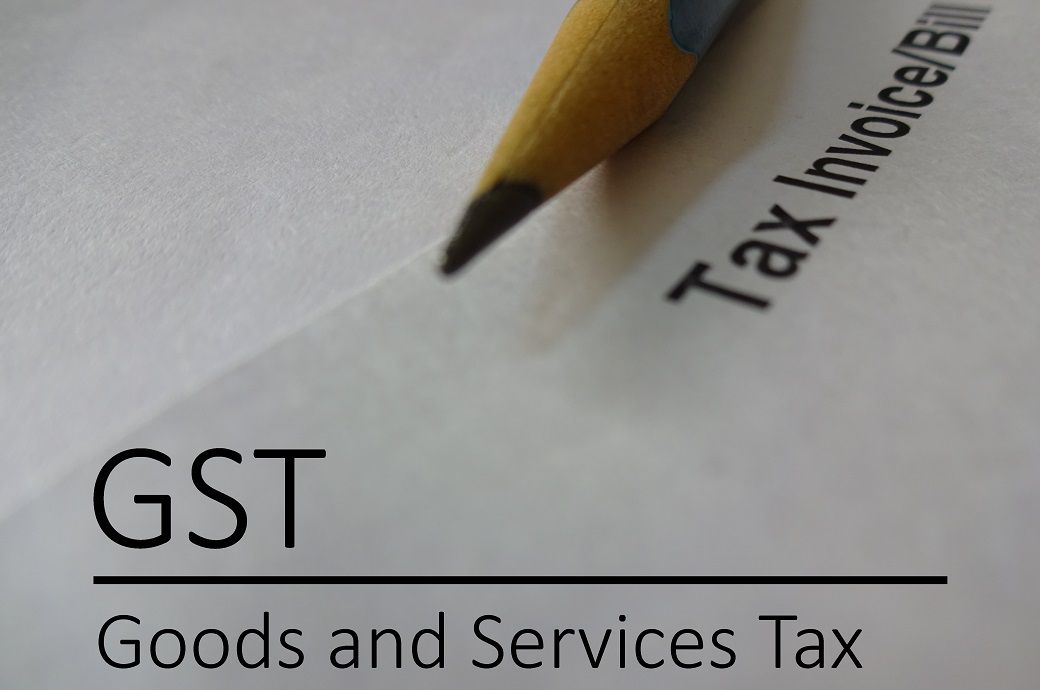
With effect from August 1, 2023, the government has mandated e-invoicing for all GST taxpayers whose aggregate annual turnover exceeds ₹5 crore. The limit was reduced from ₹500 crore to ₹100 crore from January 2021. In the latest change, the limit was reduced from ₹10 crore to ₹5 crore.
The implementation of lowering the threshold for e-invoicing has been done in a phased manner as the government wanted to give sufficient time to smaller business for readiness.
According to a notification by the Central Board of Indirect Taxes and Customs (CBIC), Department of Revenue, Ministry of Finance, “All GST taxpayers whose aggregate annual turnover exceeds ₹5 crore in any financial year will have to mandatorily generate e-invoices for business-to-business (B2B) supply of goods and or services or for exports.”
Bharat Shah, a powerloom owner from Ichalkaranji in Maharashtra told F2F, “The traders are still not ready for compliance of such complex formalities. Such strict provisions on small businesses put unwanted pressure on their trading activities.”
GST experts feel that large companies will have to review vendors’ trade volume. If any vendor supplying goods or services is crossing the threshold turnover of ₹5 crore, then they will have to check that they are issuing an e-invoice to avoid any dispute with respect to availing of input tax credit (ITC).
Fibre2Fashion News Desk (KUL)